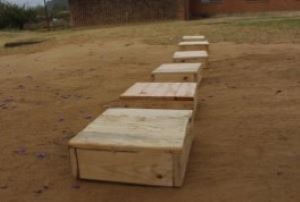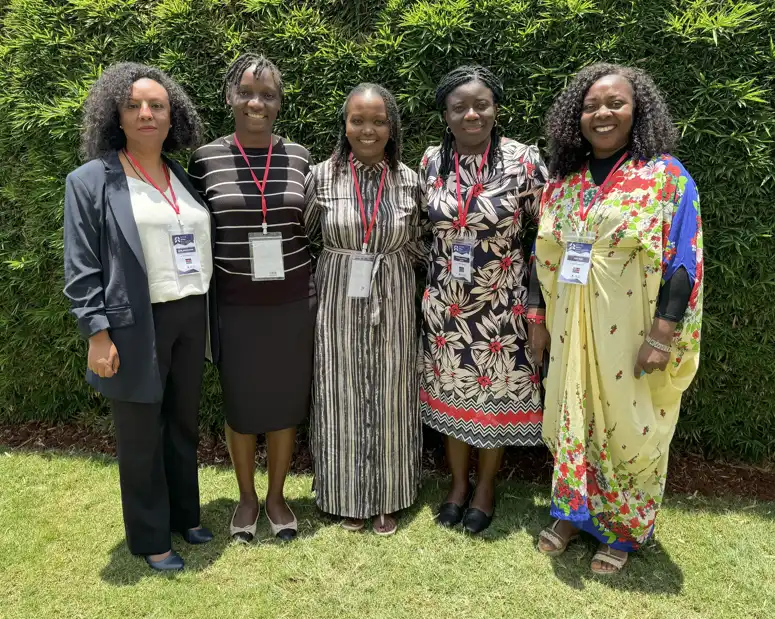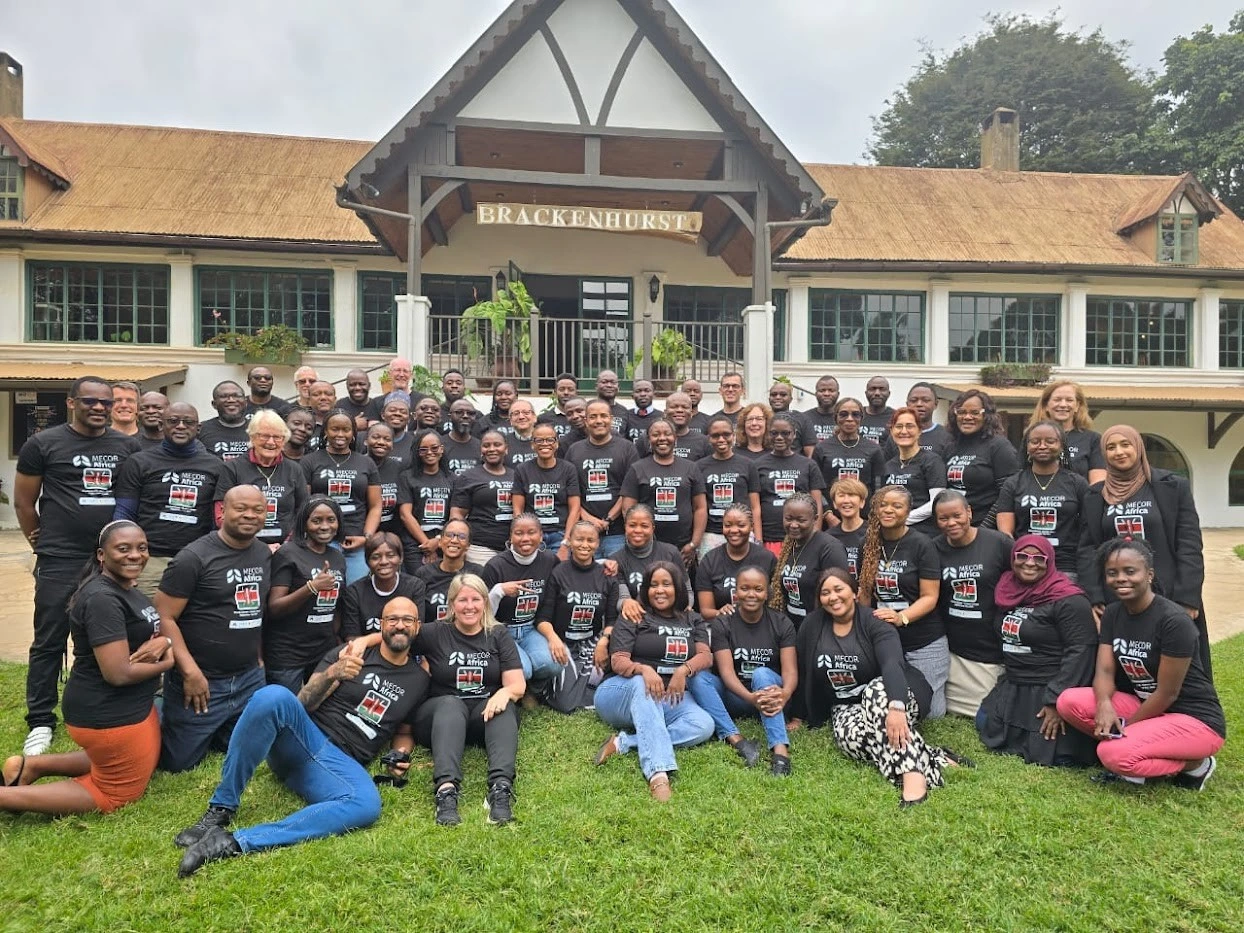LOW-COST PULMONARY REHABILITATION TO IMPROVE RESPIRATORY FUNCTION OF PEOPLE ON TUBERCULOSIS TREATMENT PALI 2022
With support from Pan African Thoracic Society we held an event on the 25th of September 2022 at Mwanza District Hospital, Malawi, whose aim was to provide low-cost pulmonary rehabilitation to improve respiratory function of people on Tuberculosis treatment.
There is evidence that survivors of pulmonary TB (pTB) frequently develop lung damage and therefore experience increased pulmonary function decline, regular hospital visits due to persistent respiratory symptoms, ongoing chest problems and challenges in returning back to work during the first year after successful TB treatment. We believe that providing low-cost pulmonary rehabilitation taught by experience physiotherapists and given during the course of TB treatment can help in reducing post-TB morbidity. This is why we proposed to conduct this event. Our target was patients receiving TB treatment as well as heath care providers.
Prior to the event we worked closely with the TB officer at the district hospital in helping us to identify at least 20 participants that could be part of our program. We also developed a curriculum that we would use to train the participants as well as the health care workers at the hospital. We prepared dumbbells, power bands and exercise boards using locally sourced materials.


The event
The event started at 9:00am, with all 20 participants in attendance. The first session was led by Doctors Madalo Mukoka, Hussein Twabi, Takondwa Msosa and Robina Semphere. We taught the participants about tuberculosis, how it is diagnosed, the treatment available and post-TB disease. We also discussed at length the common misconceptions about the condition. The participants were given an opportunity to ask questions and it was evident that this session was a much one.
This was followed by a short teaching by the physiotherapist, Tadala Gwelema, on pulmonary rehabilitation and she described how the exercise materials that we had brought were made. She taught the participants how they can also make the materials at home. We then had exercises. The participants were also taught the exercise routines to follow at home.



Participants were grateful for the opportunity to learn about pulmonary rehabilitation and to be part of the exercise. They received some of the locally made materials to continue the exercises at home. We also had an agreement with the TB officer and district physiotherapist to enroll the participants into the pulmonary rehabilitation program which would start after the event.
The meeting was closed by the District Medical Officer who thanked us for training the participants and health care workers and the Pan African Thoracic Society for providing financial support.
We believe that this event was very successful. We also made steps to ensure that the pulmonary rehabilitation program would continue beyond the day of the event.
By Madalo Mukoka (2022)



